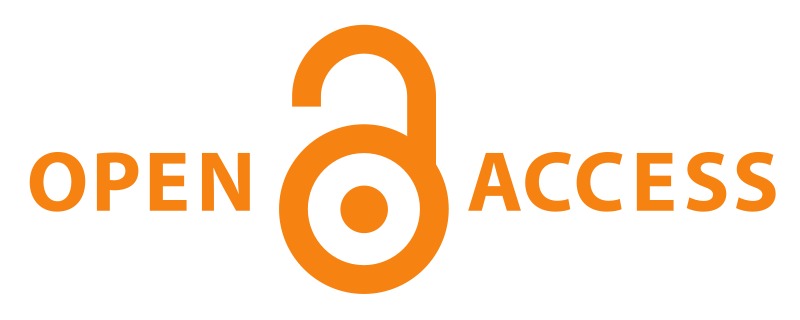Predefined Logics Based Anesthesia Delivery Module with Vital Monitoring
DOI:
https://doi.org/10.55447/jaet.07.02.105Keywords:
Automation, Drug delivery, Feedback, Anesthesia, Vital signs, Monitoring, Patient careAbstract
Anesthesia management is crucial during surgeries and in the intensive care unit to keep the patient unconscious and pain-free. The inaccurate dose may lead the patient to a critical condition and subsequently to a lifelong unconsciousness. Unlike manual system for anesthesia delivery, the automatic mechanism of drug administration may reduce the occurrence of human error greatly. Additionally, the use of vital sign monitoring during drug delivery may serve a crucial role in patient care during certain medical procedures. The anesthetist delivers the drug in milliliters over a specific time period precisely and this may lead to human error. Therefore, this work focuses on the design and development of an automatic anesthesia regularization system using microcontroller allowing vital sign monitoring to control the infusion speed of the medicine based on the patient's state. Different sensors are used to monitor heart rate, oxygen saturation, and temperature of the patient continuously and an alarm system is incorporated to go off in case of emergency. The drug dose must be known beforehand and is used as the predefined amount to configure and control data. The prototype has 4 pre-defined logics for easy operation and dose selection. When the logics are applied the device behaves accordingly, the system is driven by the stored logics and delivers the dose timely and precisely. In case of abnormal vitals, the device stops further delivery of the drug until the condition of the patient becomes stable again. The prototype successfully meets the demand of the algorithm by satisfying the conditions whilst the automation is useful in providing ease to anesthetists and comfort to patients during medical procedures. The result of this prototype extracted by comparing this model with commercially available MMED portable patient monitor and it has been observed that the system accuracy is around 95-98% as it’s a prototype that’s why initial findings are reported in this paper.
Downloads
Published
How to Cite
Issue
Section
License
Copyright (c) 2024 Natasha Mukhtiar, Nida Shabbir, Umna Liaquat, Hinesh Kumar, Fahad Shamim

This work is licensed under a Creative Commons Attribution 4.0 International License.












